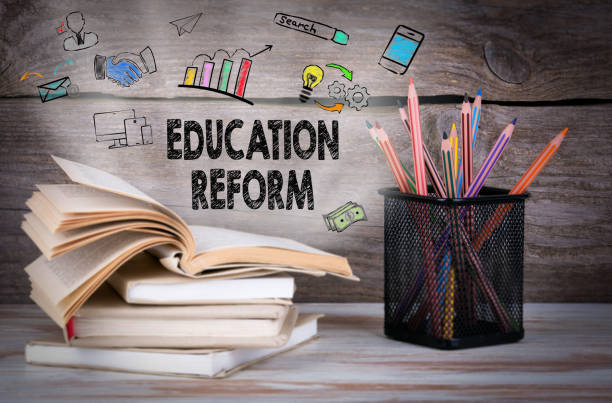Editorial
Pakistan’s education system is at a critical juncture—disconnected, demotivating, and dangerously outdated. Research shows that students often ridicule monotonous and irrelevant courses, especially when they are compulsory throughout their academic journey. The problem lies not only in the content but in how it’s delivered. Outdated teaching methods and rigid, memory-based assessments strip learning of its value, leaving students disengaged and uninterested.
Our education system prioritizes memorisation over inquiry, sidelining critical and analytical thinking. As Socrates once said, “I cannot teach anybody anything; I can only make them think.” But our classrooms are not designed to foster thought—they’re designed to produce the “right” answers. This mechanical approach kills curiosity, ultimately obstructing true learning.
Confucius rightly emphasized, “I do, and I understand.” This highlights the importance of context—both physical and social—in the learning process. Yet, in Pakistan, these elements are missing or misaligned. Dilapidated classrooms, lack of trust, and poor teacher-student relationships further alienate learners. Students are taught values like care and responsibility but experience the opposite in their environments.
Worse still, science is taught like any other theoretical subject—rote-based and devoid of experiments—because schools lack basic facilities like labs, materials, and trained staff. Even urban schools fail to connect classroom teachings to real-life settings. This misalignment discourages students from valuing what they learn, and parents, fearing exploitation, advise children to detach emotionally from society.
Memorisation has become the default method—not by choice, but because of systemic neglect. The result? Demotivated degree-holders rather than empowered citizens.
Education must evolve to bridge the gap between knowledge and lived experience. This requires thoughtful investment, consistent policy, and a cultural shift that restores trust in teachers, classrooms, and the system itself. Without it, Pakistan risks producing graduates who are disconnected from their society and powerless to change it.
















